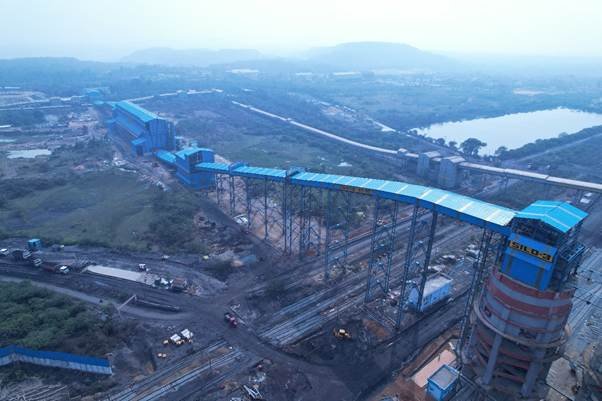High-value hotel assets sales at $800M

With demand finally outpacing supply, the Indian hospitality industry is on an upswing. The ‘India Hospitality Industry Review 2018’ report by HVS ANAROCK predicts RevPAR (revenue per available room) to grow by 9.5% in 2019.
Interestingly, Q1 2019 itself saw unexpected growth in the India hotel industry. The successful transaction of the Leela Hotels and keys portfolio in Q1 2019 set a healthy tone for the start to the year, and trends indicating that 2019 could see transaction volumes reach around US$800 million.
However, some current headwinds – general elections-induced cautiousness and an increased supply of nearly 8,574 keys – could dampen the sector’s performance turnout for the year even as the overall trend remains positive in 2020.
Mandeep Lamba, President (South Asia) – HVS ANAROCK, said: “The ongoing general elections could dampen some of the sector’s otherwise upbeat performance in 2019. However, the tide is set to change this year as market sentiments can recover with the aid of a stable Government post elections to support the required economic growth.
“Banking on this important factor and also considering the limited new supply in 2020, the hotel industry can record its highest-ever recorded occupancy and is expected to outpace 2006, which was a superlative year for the hotel industry,” said Lamba.
The report analyses trends of the past three years which suggest a ‘new normal’ in the Indian hospitality industry. Brands are opting for the least-risky projects with the highest prospects for timely completion, rather than for greenfield projects which pose a higher risk of cancellation.
International operators continue to proliferate, building large-format hotels compared to the majority of their domestic peers who typically churn out lower-inventory products. In 2018, international hotel operators also signed more hotel keys than their domestic peers.
At the city-level, Goa saw the largest signing of keys in 2018, outpacing Bengaluru (albeit by a margin of a mere 192 keys).
“It is heartening to see Goa top the list, since this is normally considered to be a high-entry barrier destination; and has for that reason seen a much slower growth in inventory – even though it has been the top-performing market for a very long time,” said Lamba.
The report confirms that 2018 was a slow year in terms of hotel investments, with total hotel transactions volumes in dollar terms contracting to their lowest since 2005 – from US$158 million in 2005 to a mere US$78 million in 2018.
However, in terms of Indian Rupee value, the total transaction volume recorded was 6% higher than in 2005.
Shobhit Agarwal, MD & CEO – ANAROCK Capital, added: “In 2019, we expect the Indian hospitality market to see an upsurge in transaction volumes due to distress pricing of hotel assets.
“This year is likely to witness the sale of high-value hotel assets in almost all key Indian hospitality markets. The expected transactions volume is approx. US$800 million, potentially setting a record for hotel transactions in the country.
“The successful listing of the Lemon Tree and Chalet IPOs, as well as the recent transactions of the Keys and Leela portfolio, can prompt further investments in the hospitality sector. The Chalet Hotels IPO issue early this year raised Rs.1,641 crore – subscribed 1.57 times – on account of strong interest shown by institutional investors. This trend is likely to continue,” he pointed out.
Other Report Highlights:
Rapid urbanization is increasingly making Tier III markets more relevant for hotel brands, with nearly a third of their new hotel signings emerging from these cities (despite hotels being smaller than the Tier I (variants). More hotel management companies are setting up shop in smaller towns.
Value-driven volume customers seeking full-service hotels continue to drive growth in mid-scale hotels space, which is the highest growth sector for new hotel and rebranded hotel openings and signings in the Indian market.
The relatively ‘new kids on the block’ such as Oyo, Treebo and Fabhotels – previously considered outliers – now dominate the economy hotels segment, setting the stage for a further drift for mainstream brands.
-/fiinews.com









